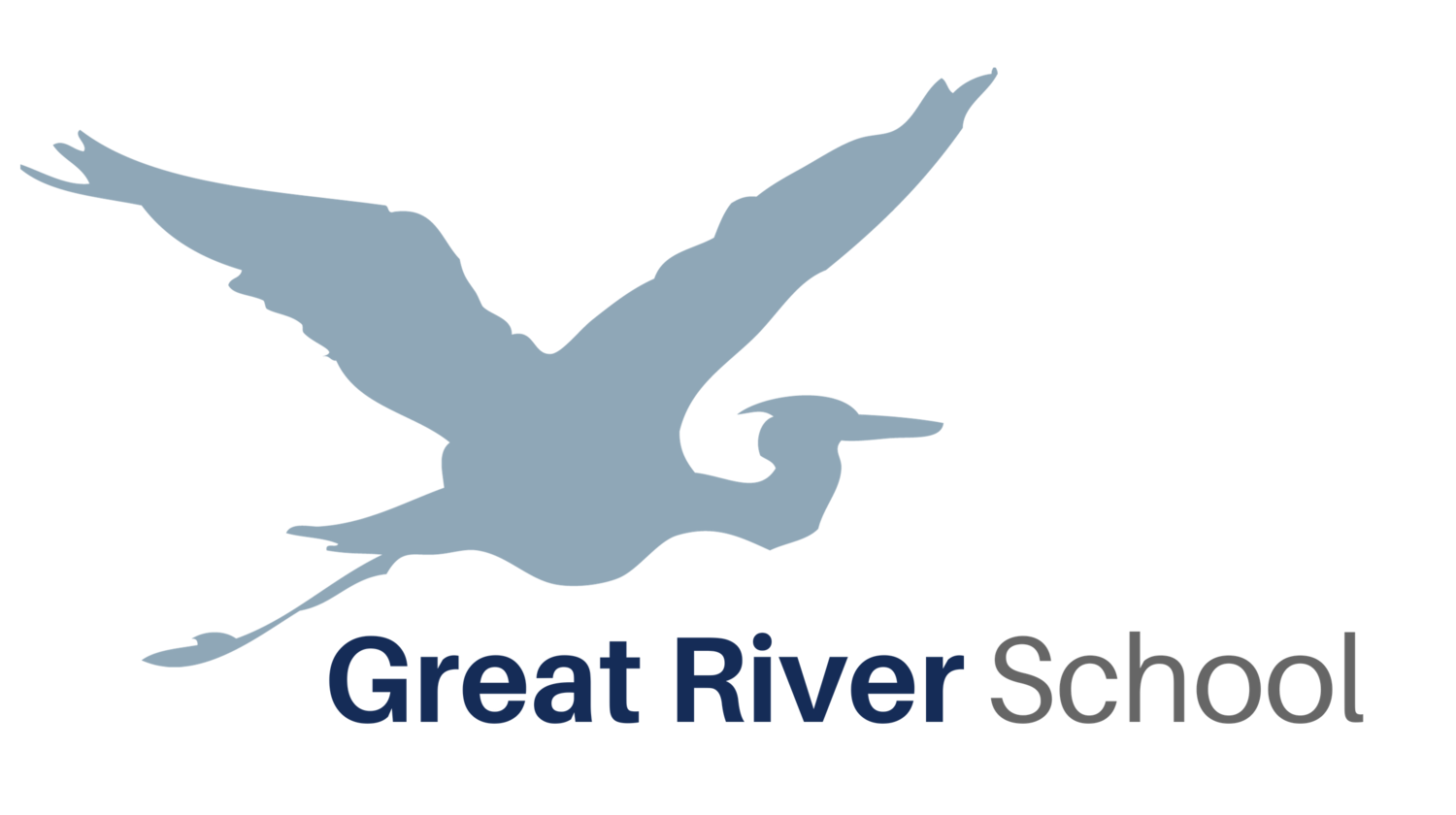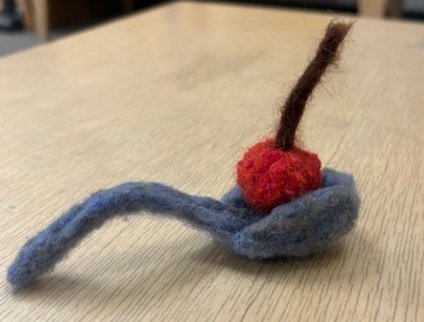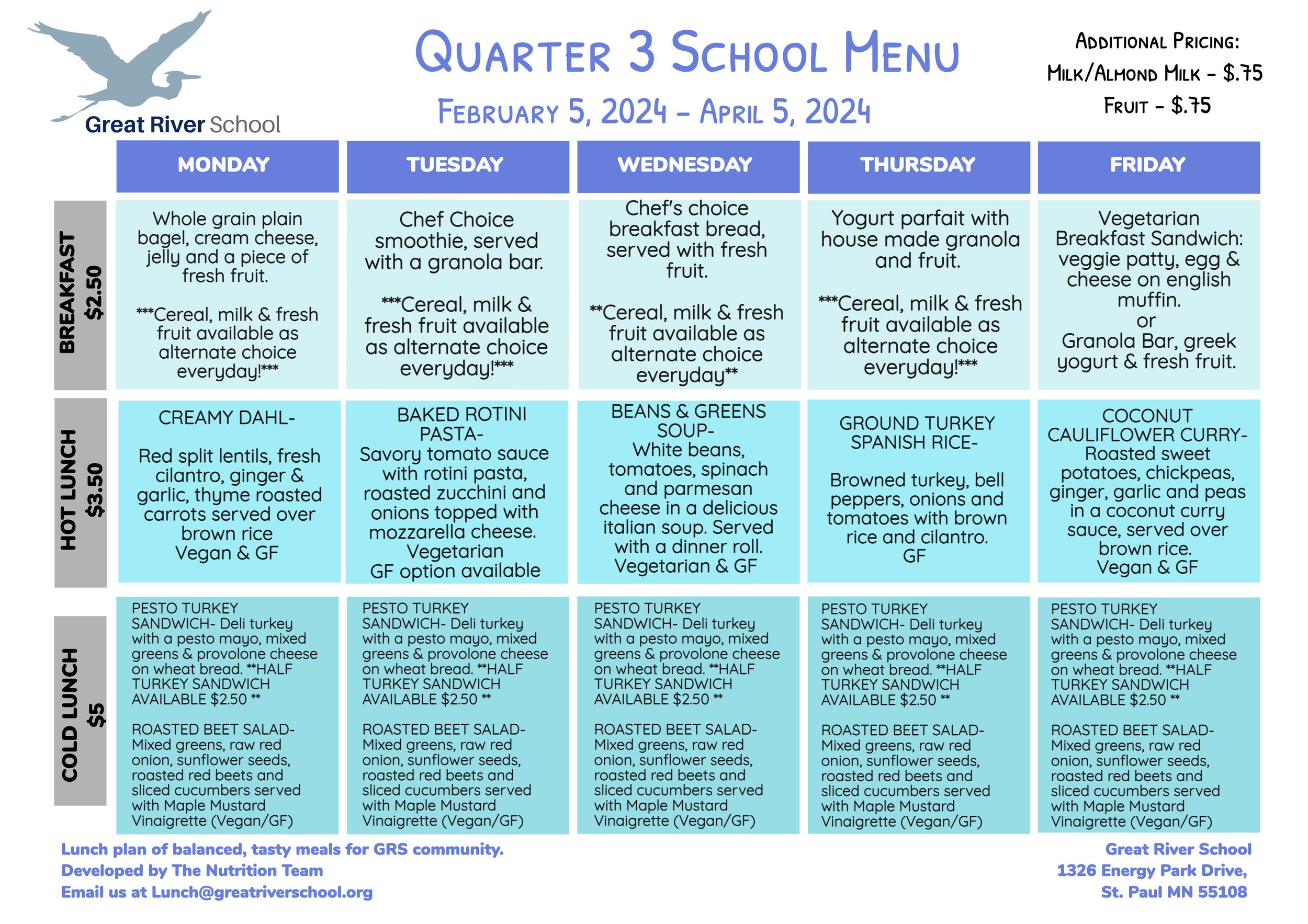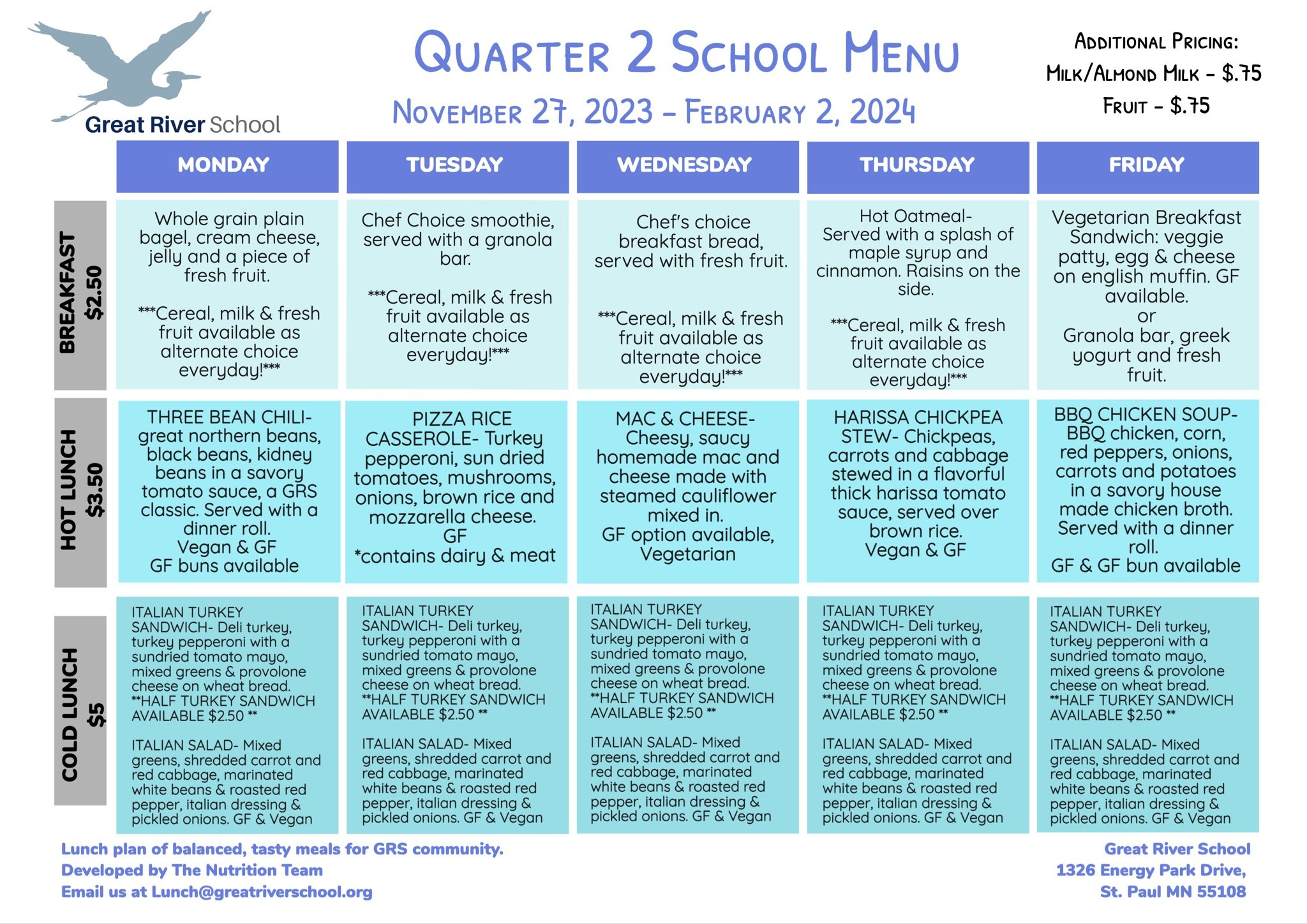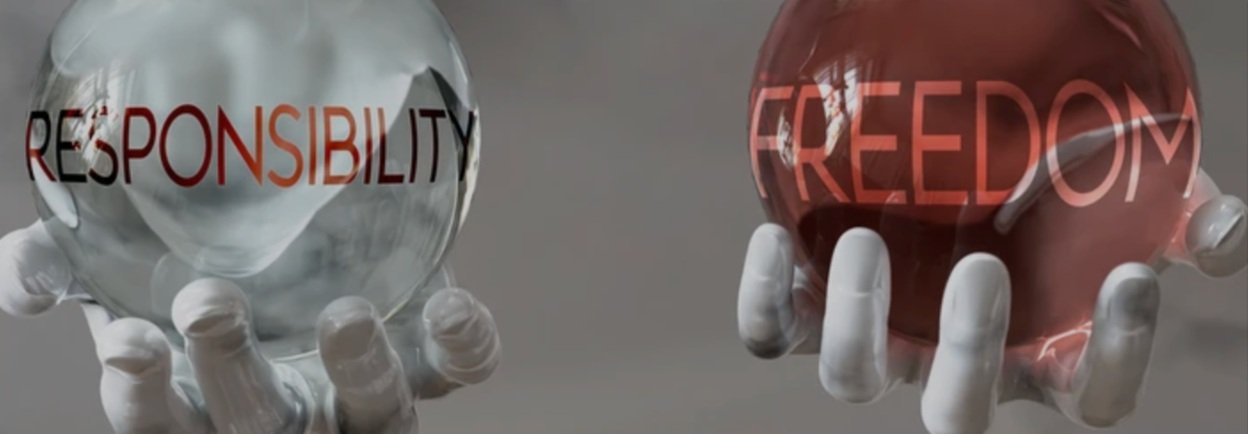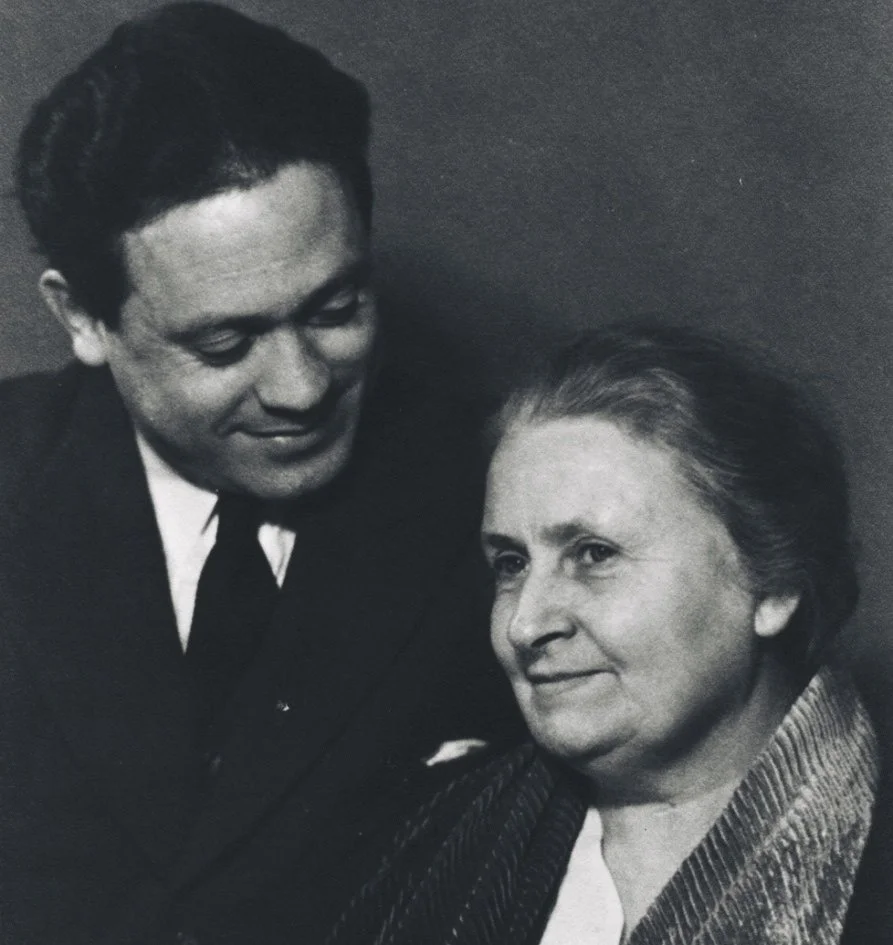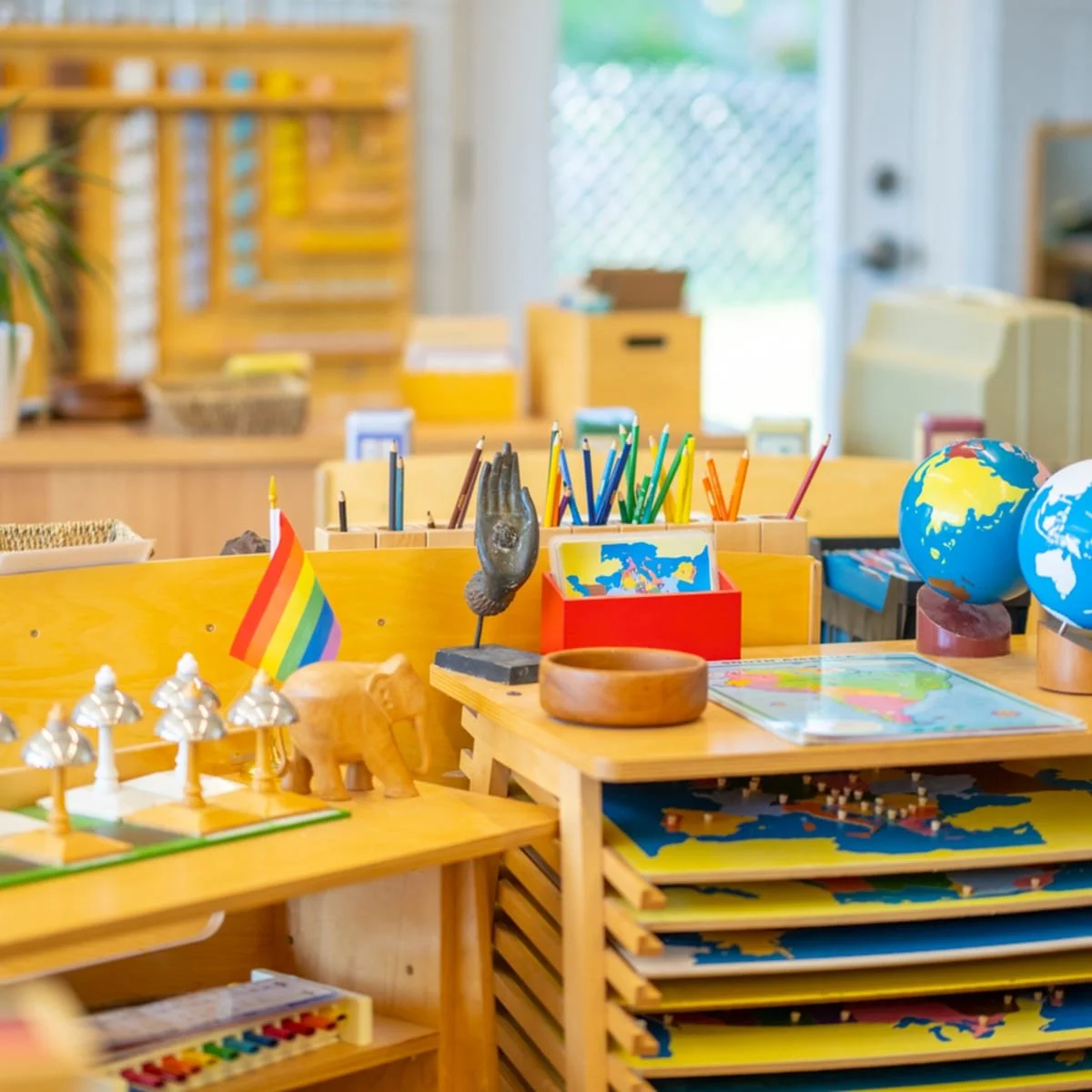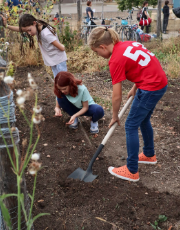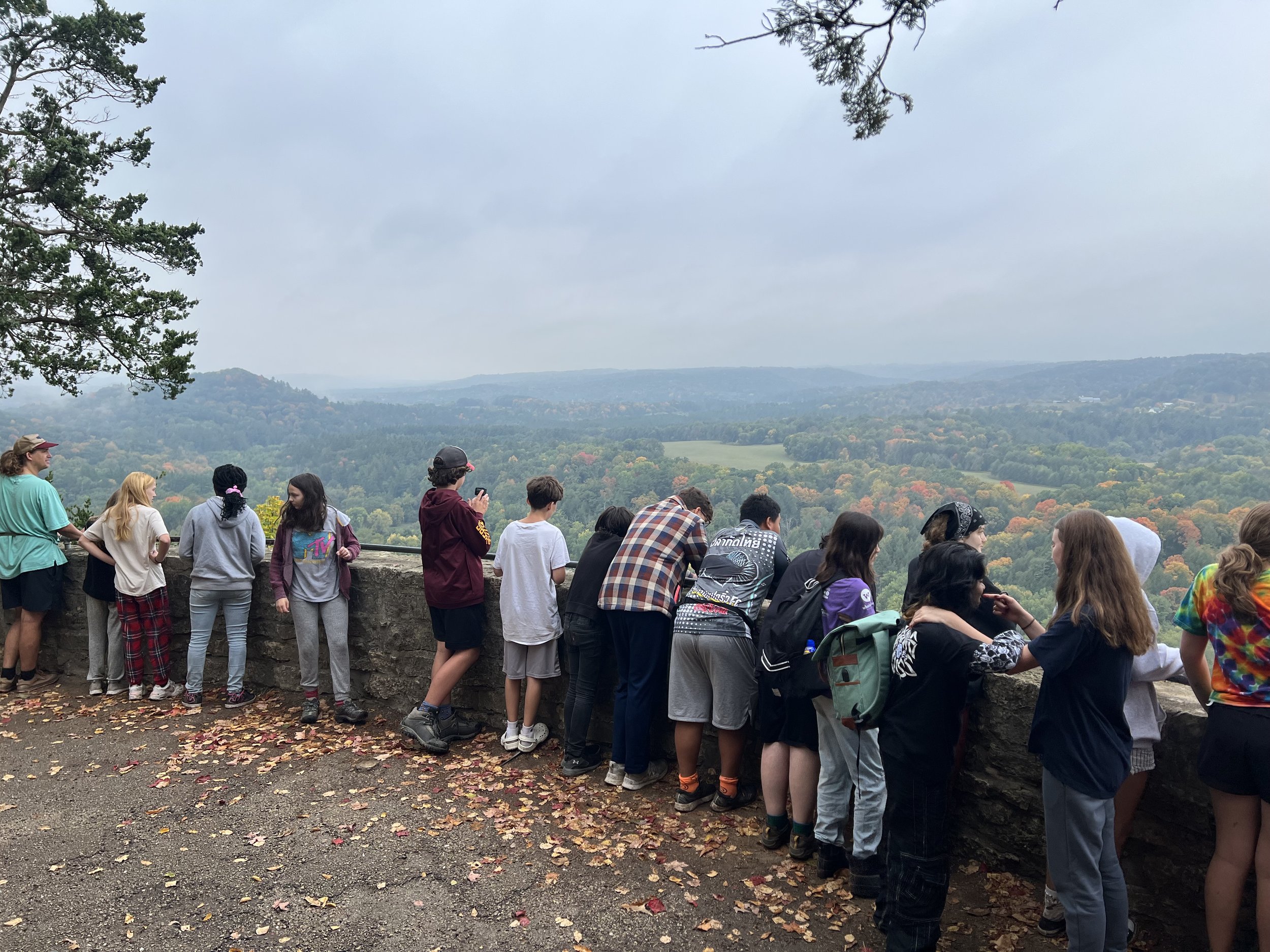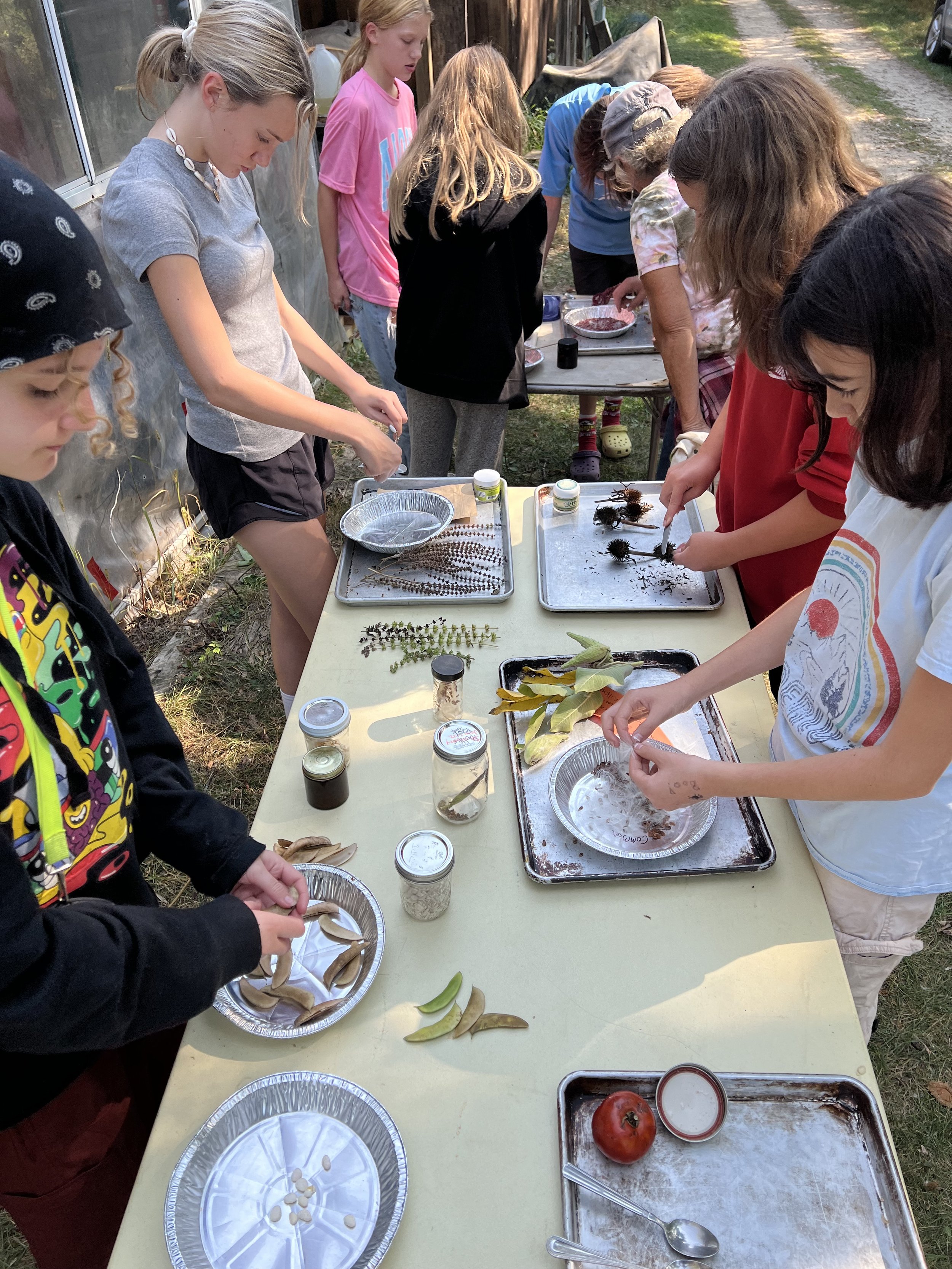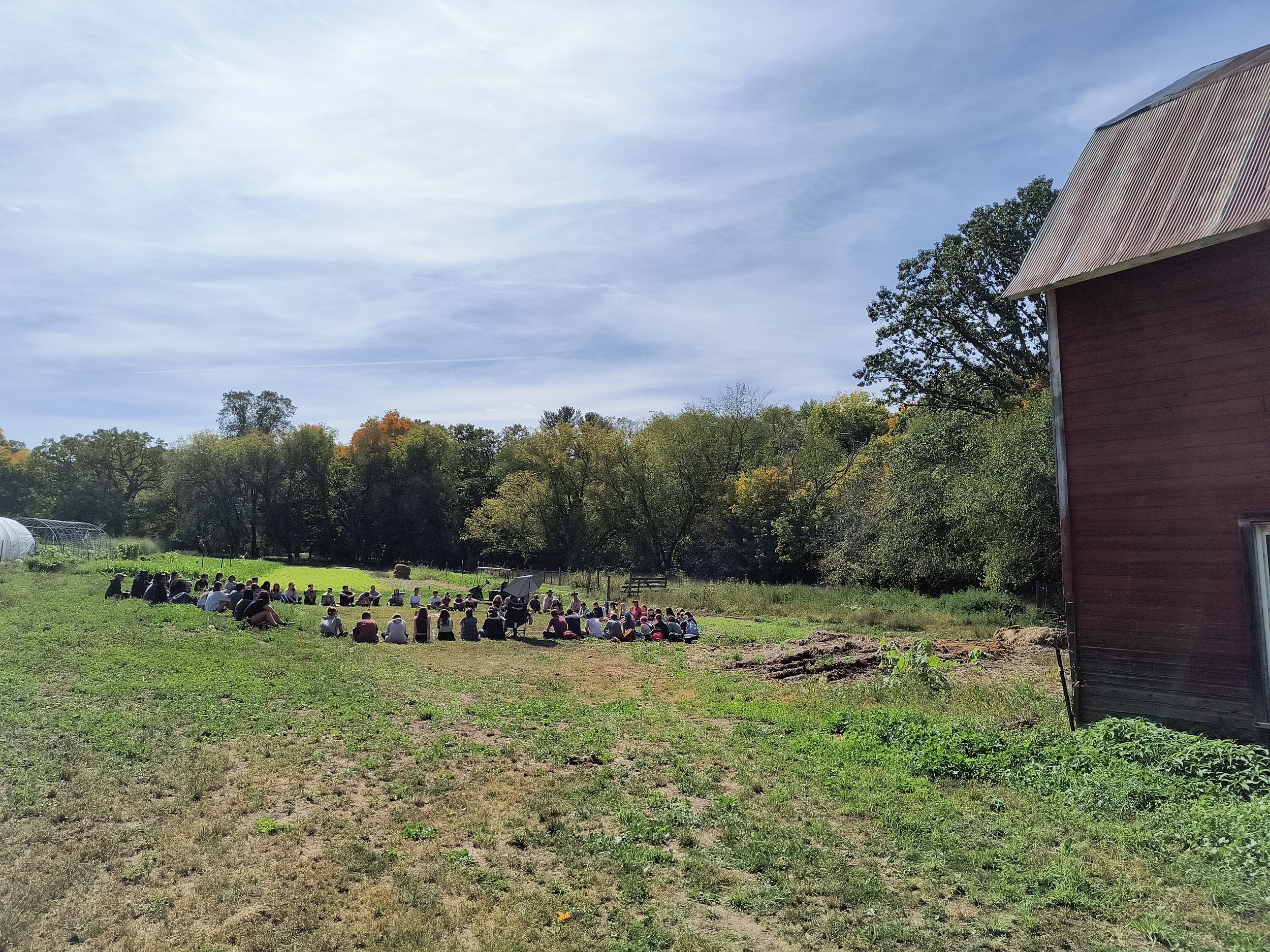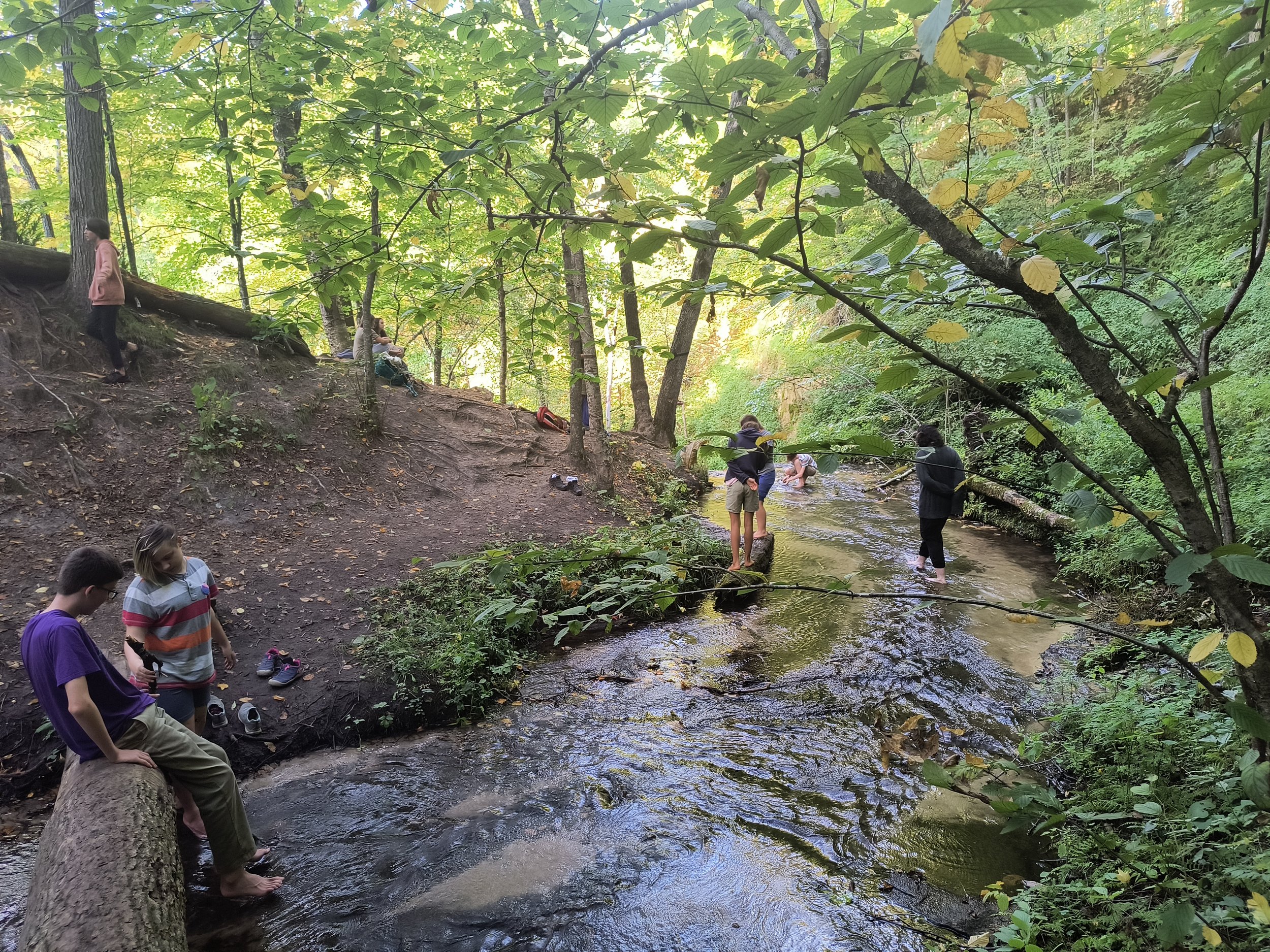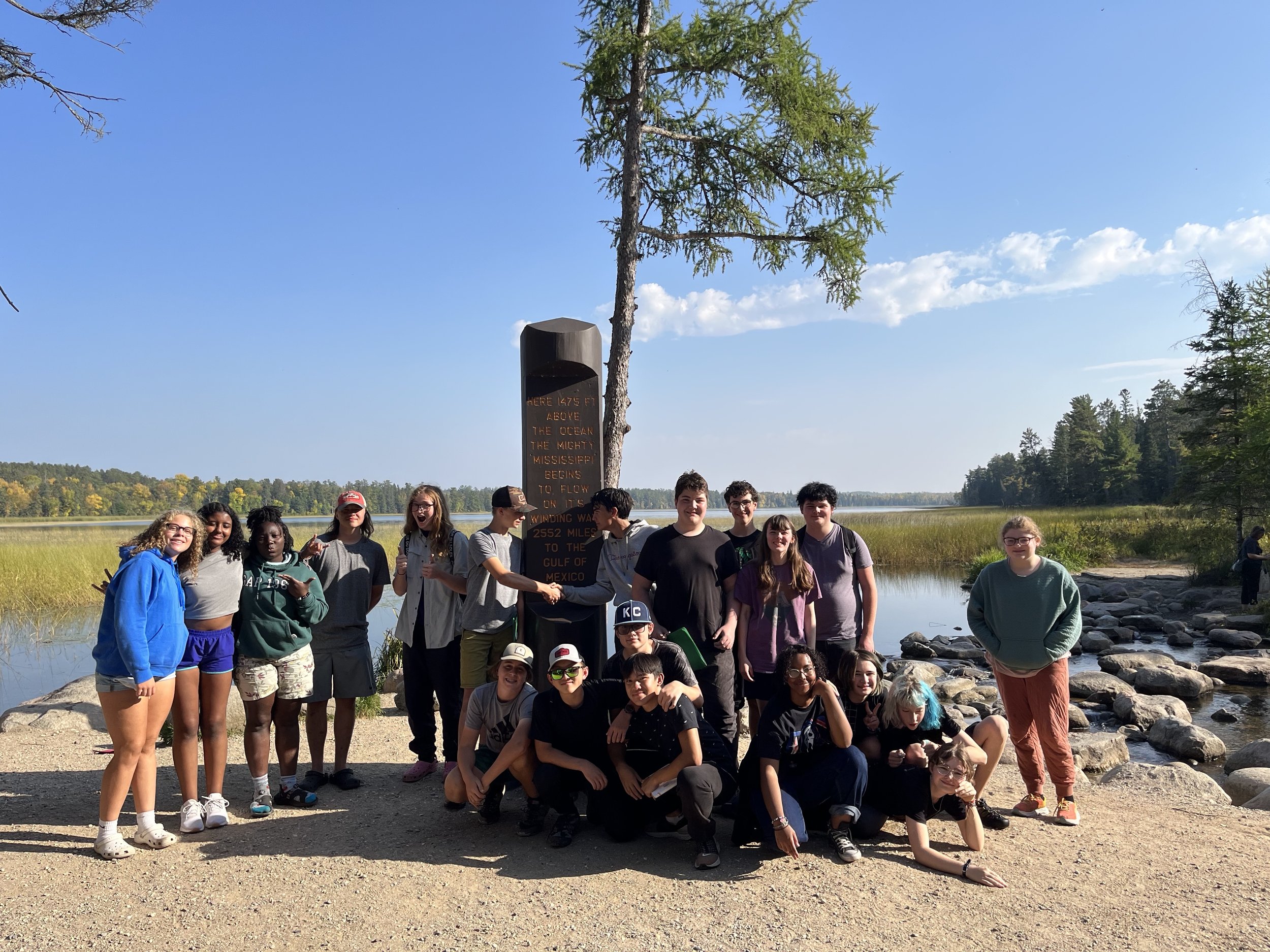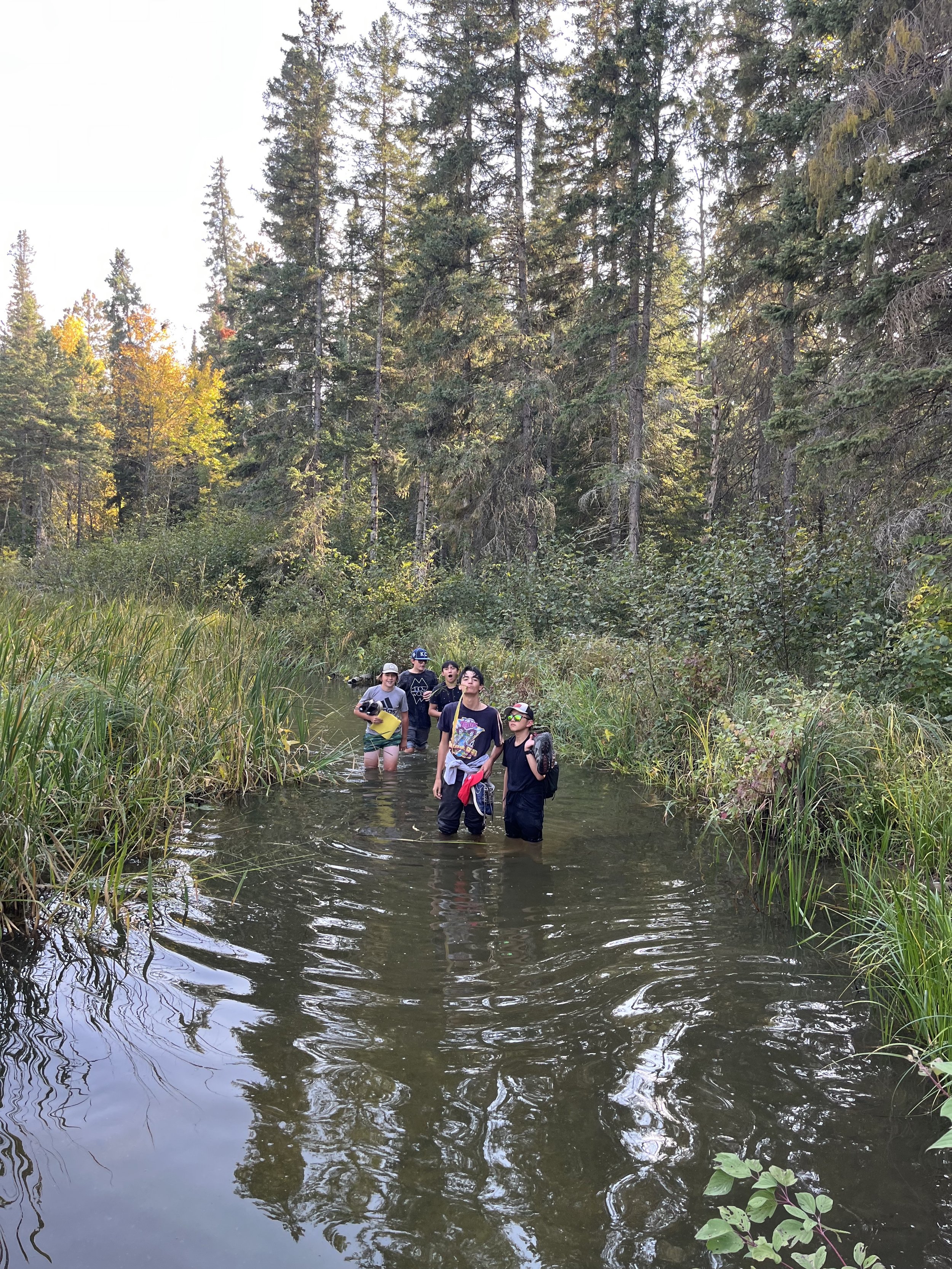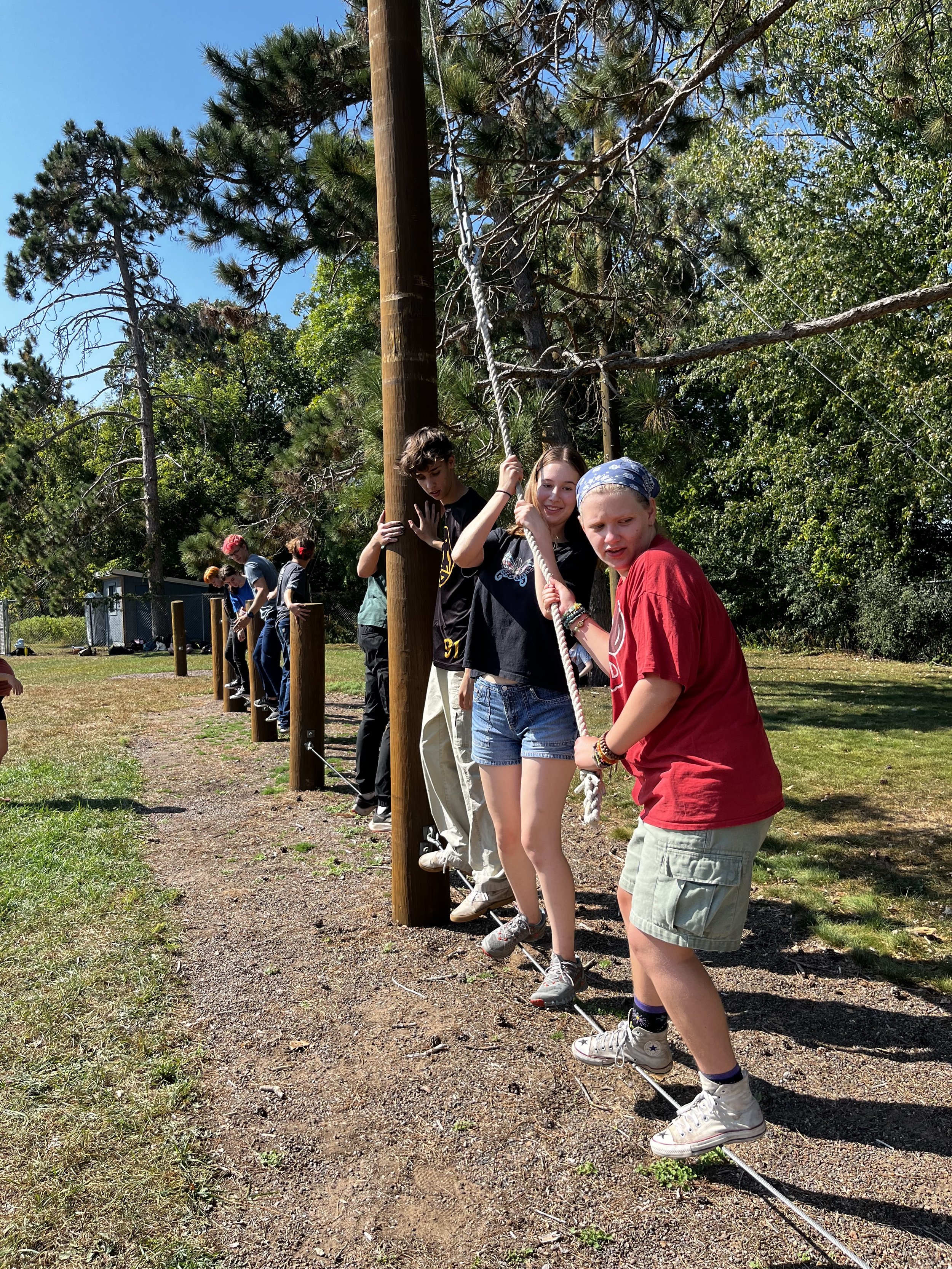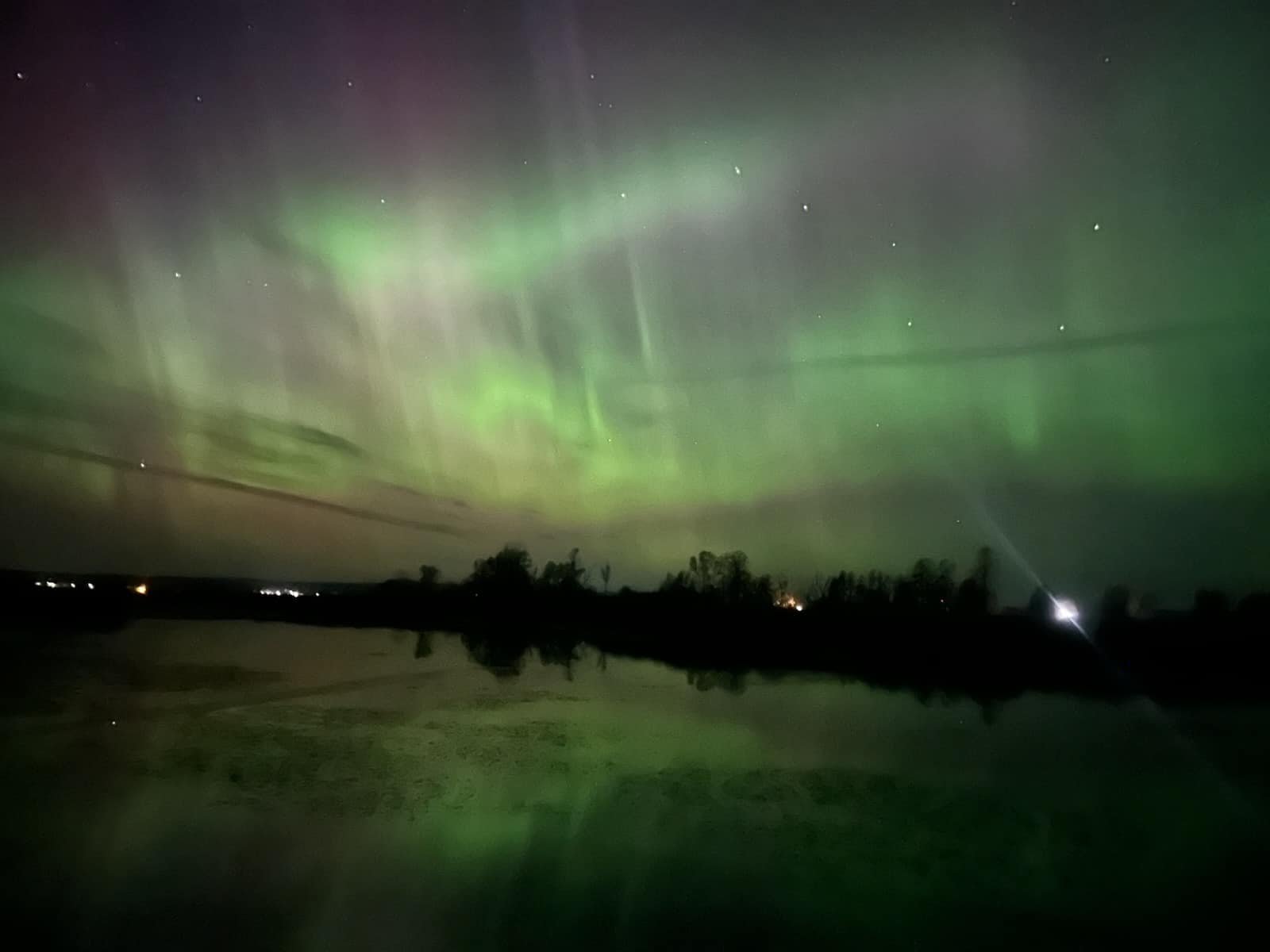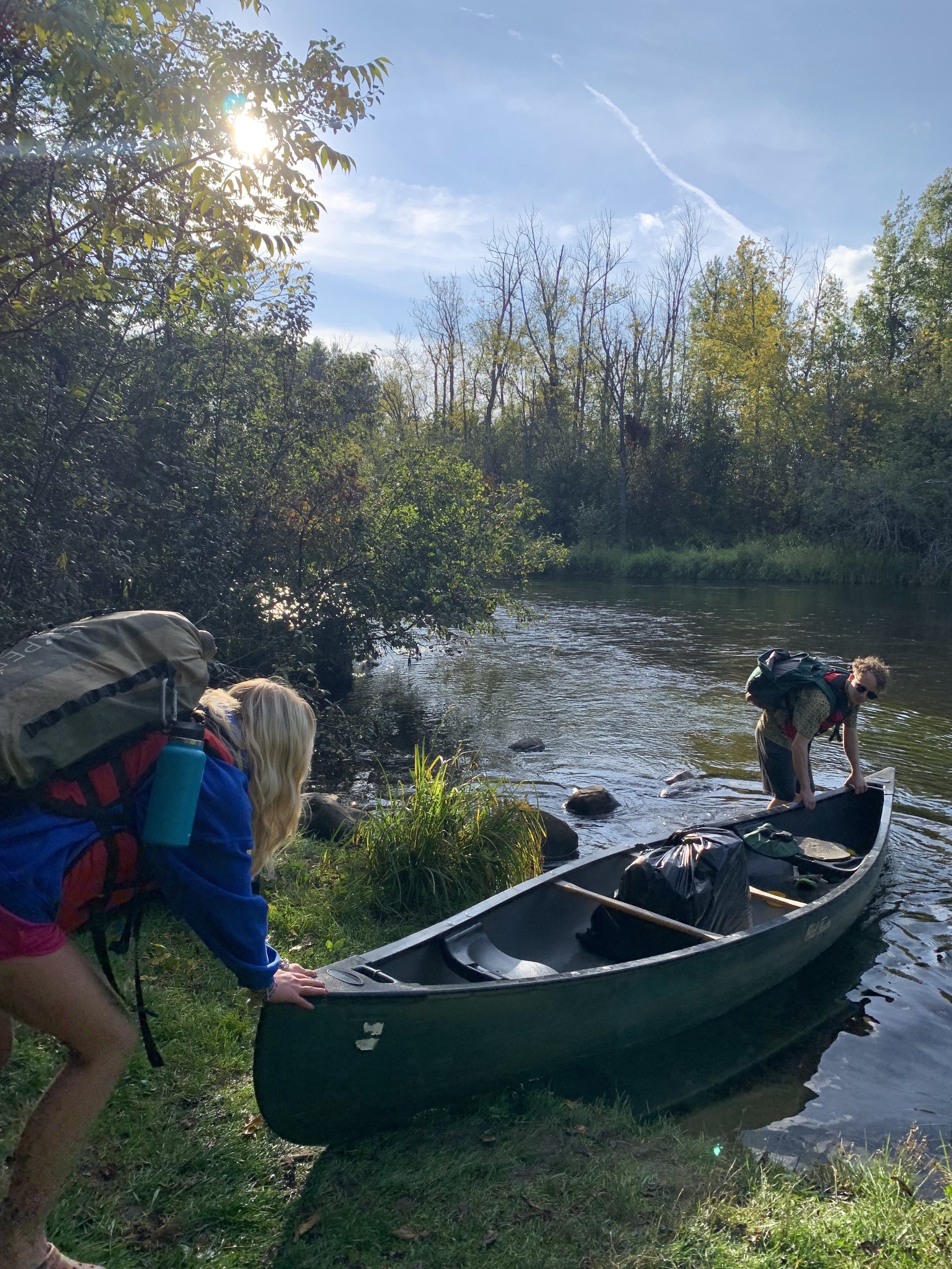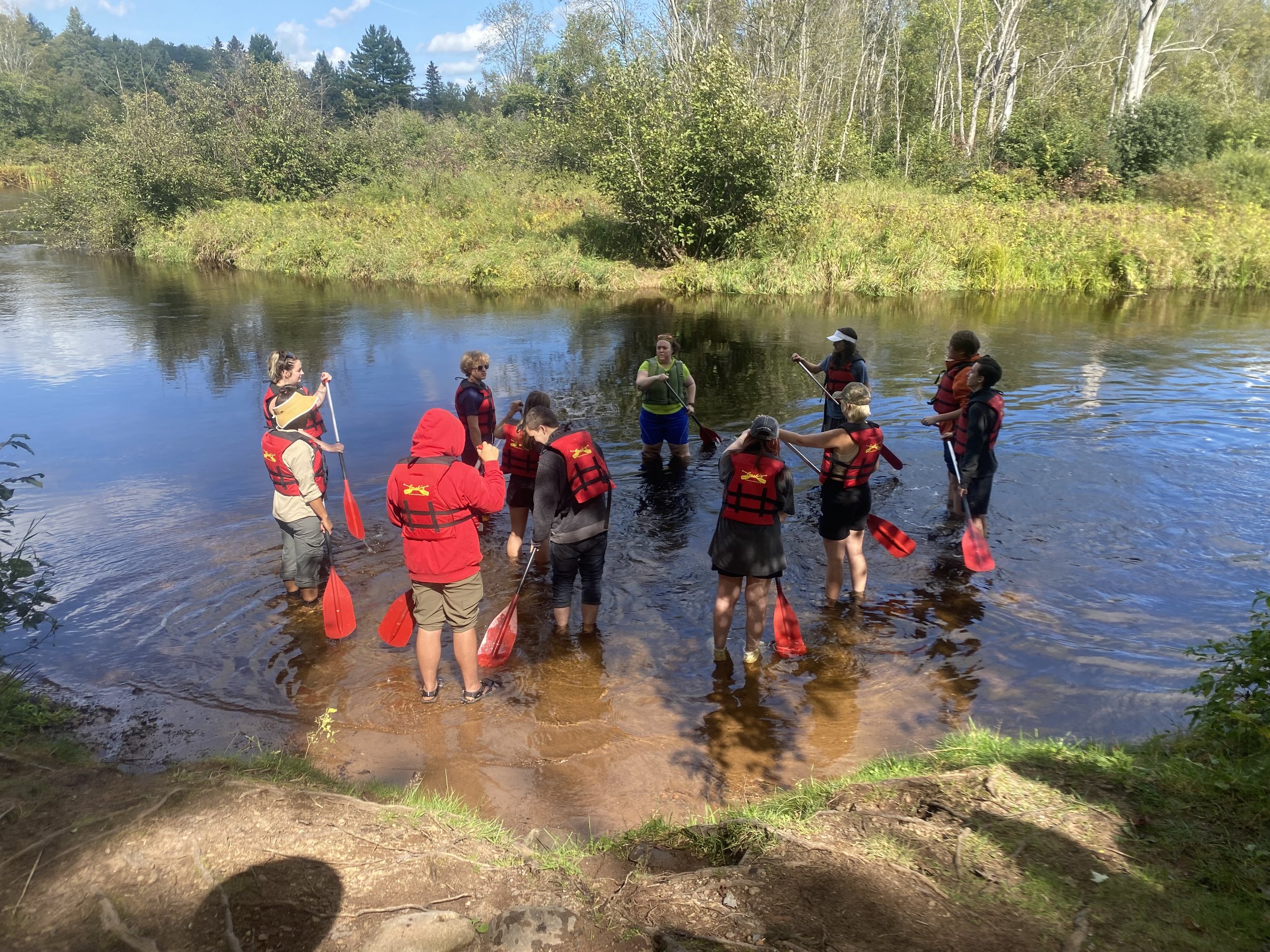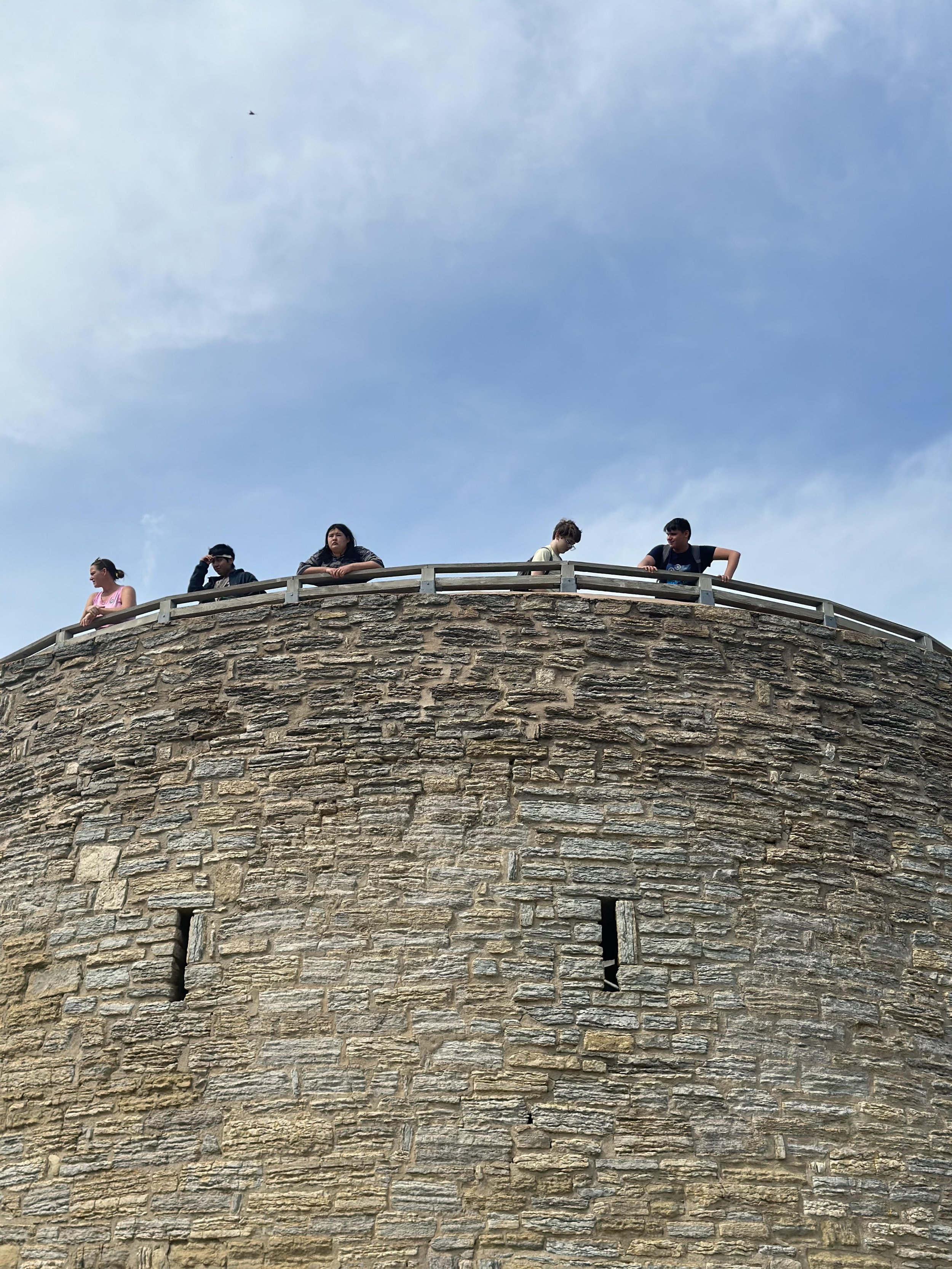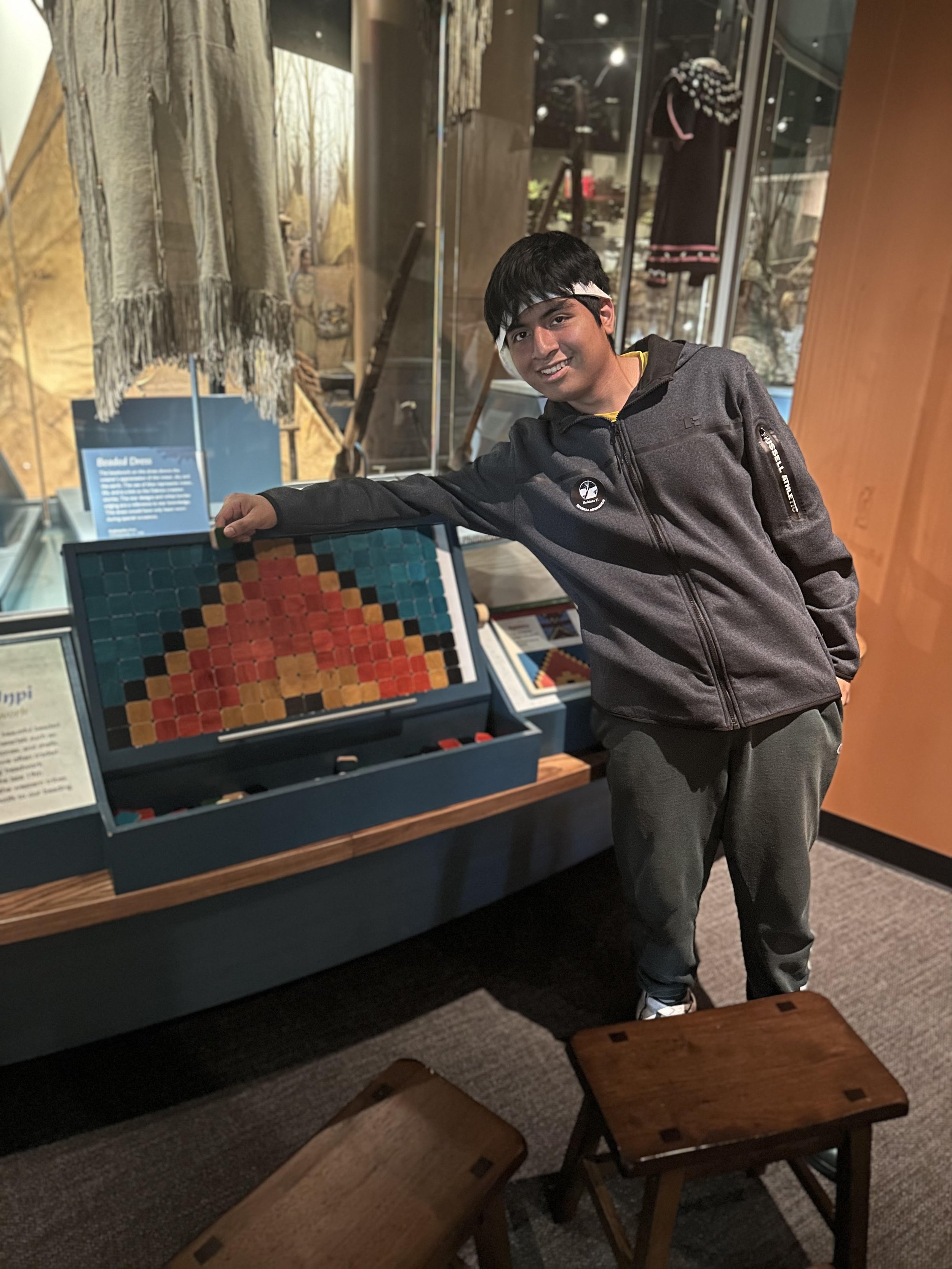Written by Jordan Samejima, Equity and Inclusion Facilitator
Dear GRS Community,
February was filled with joyful gatherings which included our first ever student planned UA Culture Day. Students were able to get to learn more about BIPOC GRS staff through a Q&A panel which was followed by a potluck style lunch for 9-12th graders. We are hoping to hold more events similar to UA Culture Day in the future here at GRS.
I am excited to announce that Great River was selected to be a participant in a Culturally Responsive Schooling pilot program through the University of Pennsylvania. This pilot program will help us examine our current level of cultural responsiveness and engagement. We are thrilled to be a part of this program so GRS can work to enrich local community connections, make educational experiences more relevant for students and families, and better prepare students to thrive in a multicultural society.
As we step into March there are some announcements I would like to share with you all while also acknowledging important dates and month long observations.
Women’s History Month
During the entire month of March we recognize Women’s History Month which coincides with International Women’s Day on March 8th. It’s a time to honor the undeniable spirit, resilience, and achievements of women throughout history and in our present day world.
Women's History Month is not only a time to recognize the accomplishments of extraordinary women but also an opportunity to acknowledge the ongoing struggle for gender equality and the need for inclusivity in all facets of society. It's a time to celebrate progress and to reaffirm our commitment to creating a more equitable future for all.
Ramadan Observance
As the crescent moon ushers in the sacred month of Ramadan, we extend our warmest greetings and wishes for a blessed and fulfilling Ramadan to all who observe this holy month which is scheduled to begin March 10th or 11th and end April 9th or 10th.
Ramadan is a time of spiritual reflection, self-discipline, and communal solidarity for millions of people around the world including students and families that are a part of the GRS community. Ramadan is also a time of heightened compassion and generosity, reminding us of the importance of supporting those in need within our communities. Let us take this opportunity to extend a helping hand to those facing hardship, and to engage in acts of kindness and service that embody the true spirit of Ramadan.
Mark Your Calendar
Elementary BIPOC Gathering: Wednesday, March 6th, from 2:30-3:30
BIPOC Caregiver Meeting: Thursday, March 28th, from 5:30-6:30 (Access Google Meet Link HERE)
World Down Syndrome Day: March 21st
Wishing everyone a joyful and productive month of March and let’s hope for some rain or light snow, the soil needs it!
Take Care,
Jordan Samejima
